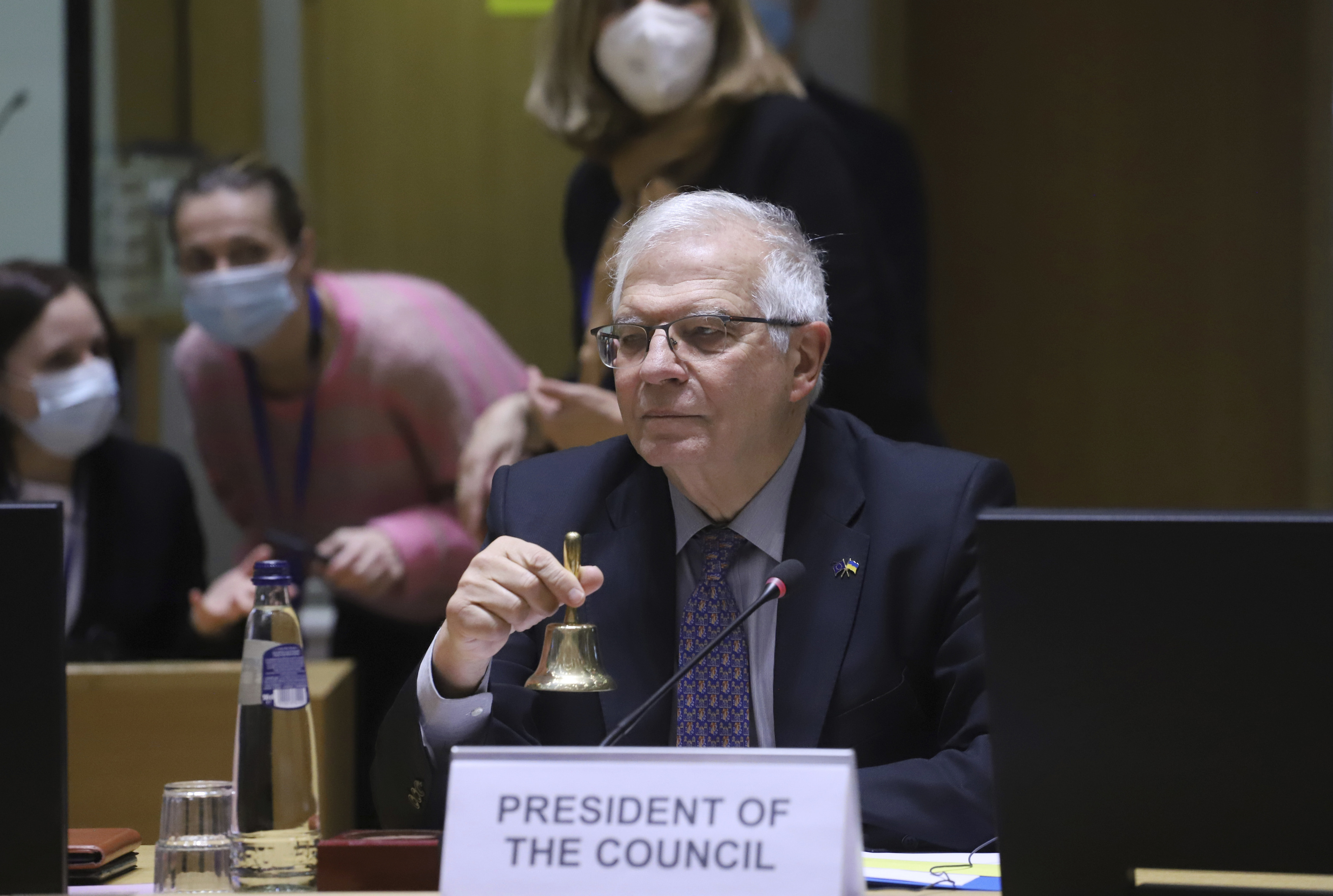Josep Borrell, High Representative of the European Union for Foreign Affairs, has labeled the Nicolás Maduro government as a "dictatorial regime" for the first time. This is the first time the person in charge of coordinating Brussels' foreign action defines Venezuela in this way, thus increasing pressure on the Spanish Government. "Naturally, this is a dictatorial, authoritarian regime, but just saying it doesn't solve anything. The goal is to try to resolve it," Borrell stated in an interview with Telecinco.
"In Venezuela, there are over 2,000 arbitrarily detained individuals after the elections. The opposition leader had to flee. Political parties have faced numerous limitations in their actions. Seven million Venezuelans have fled their country. Well, with all that, what do you call it?" Borrell added, referring to the exile of Edmundo González.
The response to Borrell's words came from the Venezuelan Foreign Minister, Iván Gil, in a Telegram message: "When we talk about the garbage dump of history, we refer to where Borrell is now, from one interview to another, spokesperson of evil, a withdrawal from politics with blood-stained hands, doubly failed in his attempts to harm the Venezuelan people."
Gil also accused Borrell of "turning the European Union into a decrepit, colonialist, and warmongering institution. 'Embarrassing!' we say here in Venezuela to refer to such a dark legacy."
Last Sunday, Borrell stated in a press release that "Edmundo González appears to be the winner of the presidential elections, by a wide margin, according to copies of the electoral records. In a democracy, no political leader should be forced to seek asylum in another country." And in EL MUNDO's pages, he emphasized that the European Union "does not recognize Maduro's democratic legitimacy". However, he had avoided going further, and sources from his department only indicated that this was the position of the EU representative.
Therefore, Sunday's statements represent a substantial change that also aligns with what the Defense Minister. Margarita Robles when wanting to remember "the men and women of Venezuela who have had to leave their country precisely because of the dictatorship they live under." Her words caused significant discomfort in the Venezuelan government and also in the Sánchez administration. Borrell's remarks on Sunday only exacerbate this situation.
Furthermore, Borrell is thus distancing himself from the President of the European Commission, Ursula von der Leyen, who has avoided commenting on this issue. This substantial difference is crucial considering that Borrell will soon leave his position, while the German politician will remain in her role in Brussels.
Vote in the European Parliament
All of this occurs just days before the European Parliament votes on recognizing González as the elected president of Venezuela. The debate in Strasbourg will take place on Tuesday, and on Thursday, a resolution will be voted on, which according to community sources, will pass with a "very tough" text.
So far, the European People's Party has presented its text, in which they not only demand the recognition of González as president but also call for the European Union to request an international arrest warrant against Maduro "for crimes against humanity due to the serious human rights violations he has committed."
It also warns that if there is not a "peaceful" transfer of power to González, there will be "a new migratory exodus to other countries in the region, similar to the one that has led nearly eight million Venezuelans to flee the country in recent years." And it asks "the EU and its Member States to do everything possible to ensure that the legitimate and democratically elected president can take office on January 10, 2025, in accordance with the Venezuelan Constitution."
